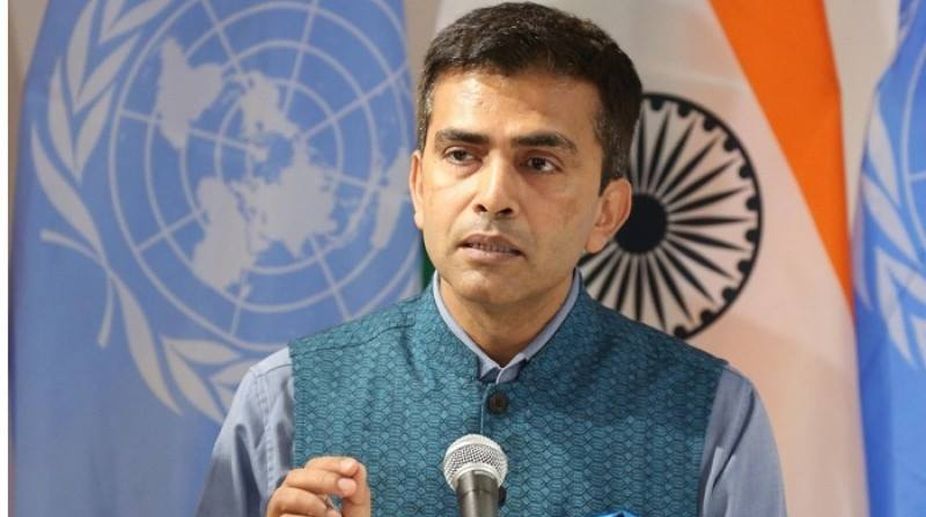BSF intercepts Bangladeshi woman crossing border
Amid rising tensions in Bangladesh, reports suggest that some individuals are attempting to cross the India-Bangladesh border illegally, seeking to settle in India.

External Affairs Ministry spokesperson Raveesh Kumar (Photo: Facebook/File)
In what is expected to boost New Delhi’s quest to join the Nuclear Suppliers’ Group (NSG), India on Friday became the 43rd member of the Australia Group (AG), the cooperative and voluntary group of countries working to counter the spread of materials, equipment and technologies that could contribute to the development or acquisition of chemical and biological weapons by states or terrorist groups.
Thus, India is now a member of three of the four global non-proliferation regimes. It attained the membership of the Missile Technology Control Regime (MTCR) in June last year and the Wassenaar Group last month. China, however, continues to block India’s entry into the NSG. China insists that both India and Pakistan should join the grouping together, or not at all.
According to External Affairs Ministry spokesperson Raveesh Kumar, India’s entry into AG would be “mutually beneficial and contribute further to international security and non-proliferation objectives.’’ He was confident that the membership of AG would strengthen India’s case for inclusion in the NSG in view of the country’s non-proliferation credentials.
Advertisement
There was very strong support expressed for India’s membership at the June 2017 AG meeting after which consensus was reached internally for granting India the membership of the group.
In warmly welcoming India to the group, other AG members recognised New Delhi’s commitment to bring India’s export control system into alignment with AG and the country’s determination to contribute to the global effort to prevent the proliferation of chemical and biological weapons in the security of the international community.
Advertisement